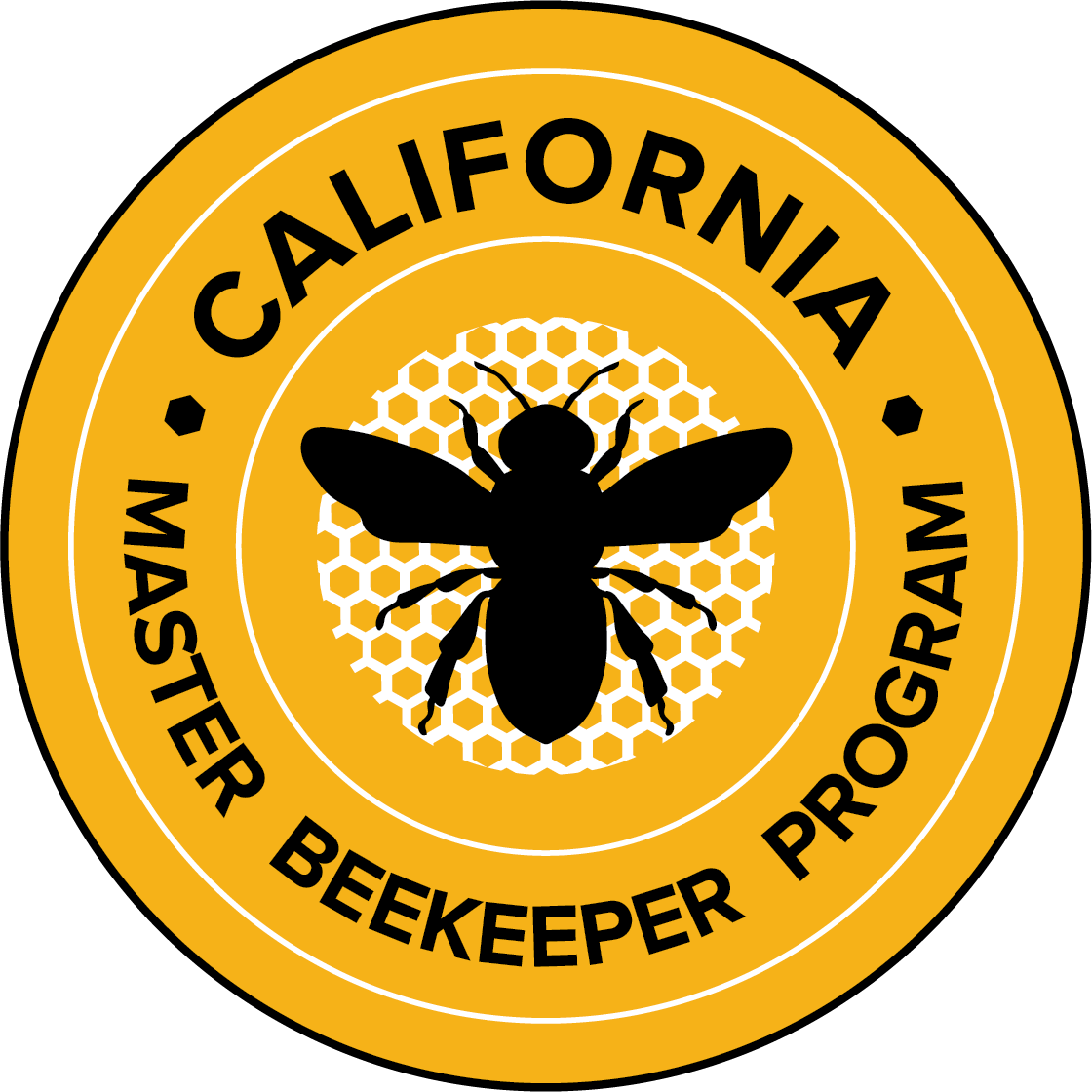Beekeeping is rewarding but it comes with real risks. Whether you’re a new or experienced beekeeper, safety is everyone’s responsibility. From bee stings to heat exhaustion, from fire hazards to remote locations, working with bees means staying alert and prepared. Use the menu on the right to dive deeper into key topics, including stings and defensive behavior.
If signs of a systemic allergic reaction appear call 911 immediately and consider using an epinephrine auto-injector (e.g., EpiPen) if available.
Apiary Safety Practices that can Save a Life
- Always ask for clarification when you're unsure of safety procedures.
- Are there epinephrine auto-injectors available and where are they?
- Where is the closest hospital?
- Do we have a fire suppression plan?
- Speak up if something doesn’t feel right.
Ask for help even if you think it might be inconvenient. Don’t let social discomfort override safety. The regret after an incident is far greater than the discomfort of asking a question.
"In safety, there are no “dumb” questions, only missed opportunities to prevent harm."
Safety Plan
Every apiary should have a safety plan in place that addresses the following:
- Description of potential hazards at the site and how to mitigate them
- Emergency response plan: who to contact and how
- Navigation guidance: how to enter and exit the property (gates, roads, locks, etc.)
- Nearest hospital and the best route to get there
- Accurate location information:
- Apiary address
- GPS coordinates for first responders
- Communication readiness:
- Fully charged phone
- Ensure cellular signal before working alone
- If working alone, let someone know where you’ll be and when you plan to return
Print, laminate and display this safety poster in the apiary, or create your own. Having a written safety plan and onboarding procedure for new team members, volunteers or guests is essential to everyone's safety. Before opening hives, review safety protocols, ensure everyone knows the work session goals, and what to do in case of an emergency.
Buddy System
Whenever possible, work with a buddy. Having another person present greatly improves safety and (hopefully) efficiency. Benefits of having a beekeeping partner include:
- Double-checking PPE when putting on and taking off
- Monitoring each other's physical and mental condition during work
- Assisting with lifting heavy equipment safely
- Catching and correcting issues early (e.g., overly defensive bees , overheating, exhaustion)
- Sharing the workload and preventing fatigue
